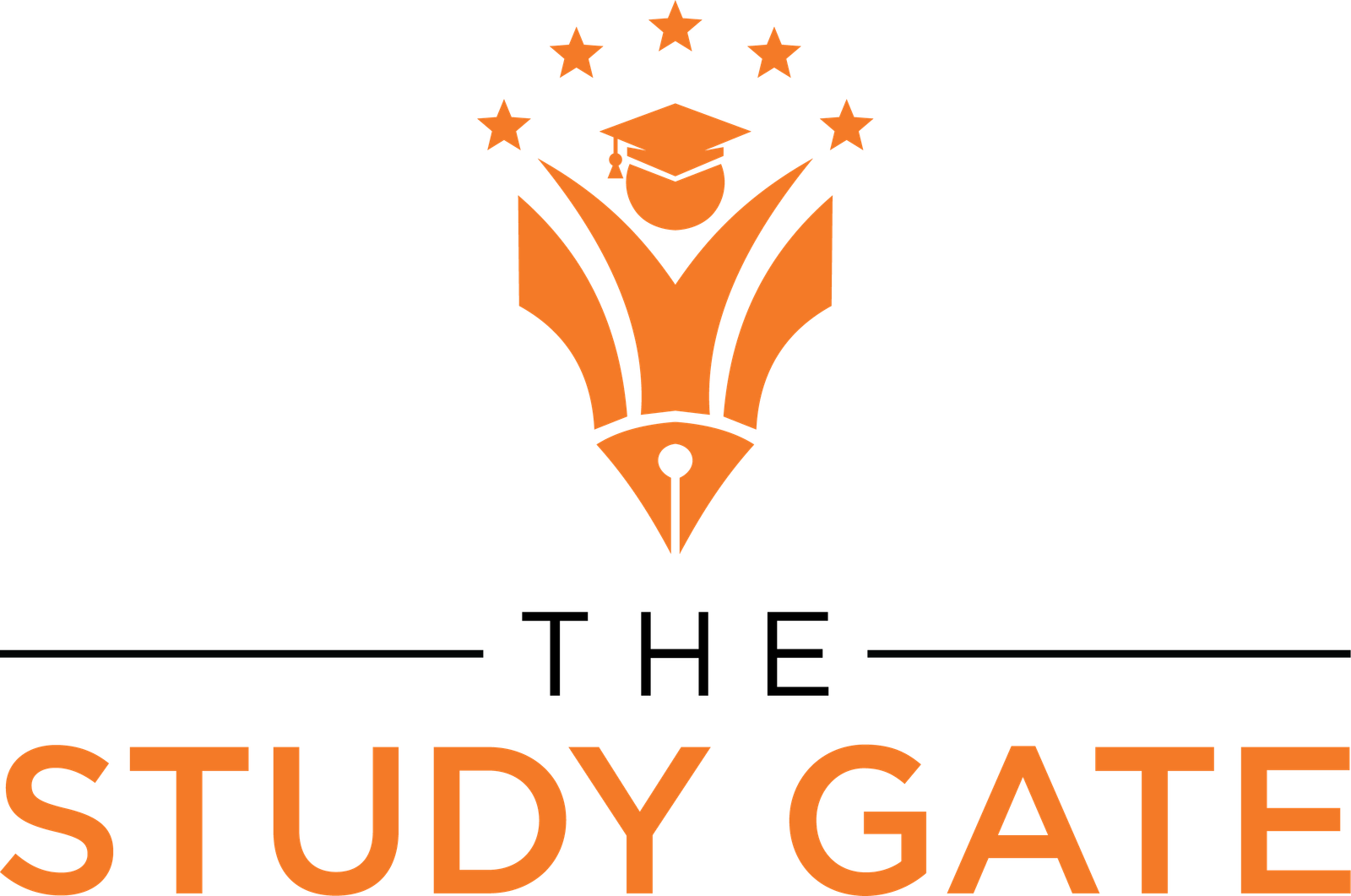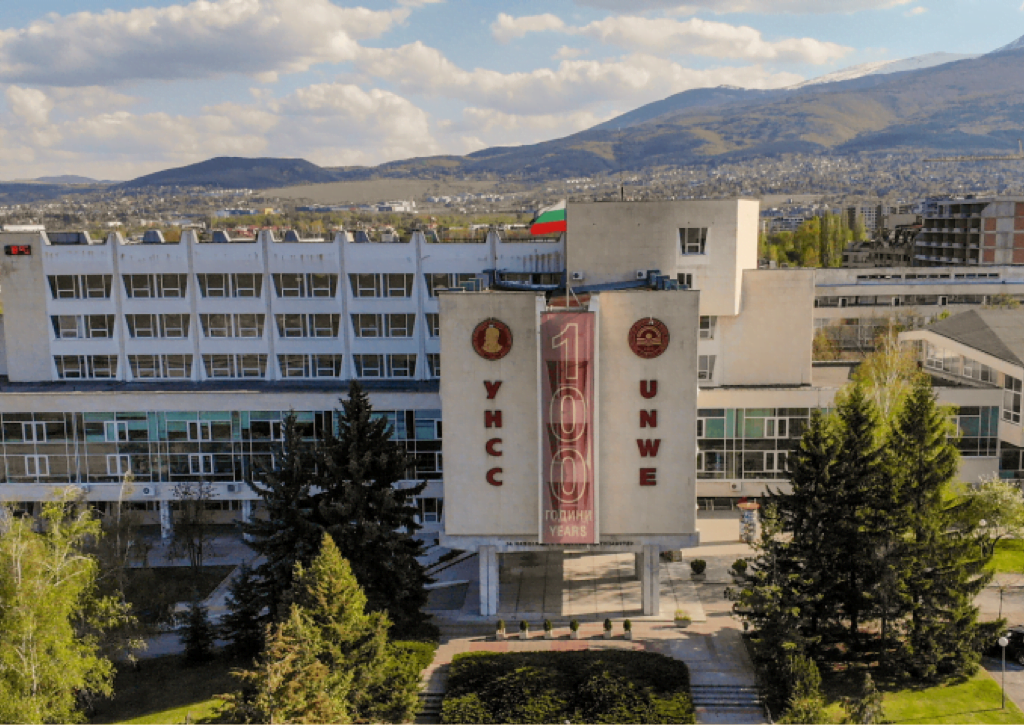Intro
With over 100 years of history, the University of National and World Economy (UNWE) is Bulgaria’s and Southeastern Europe’s largest and oldest higher economic school. It has now more than 20,000 students enrolled. The university has developed academic programs that depend on seminars and summer schools. It also offers master’s degree programs and coordinates activities and relations with other universities because it is actually Bulgaria’s coordinator for the Central European Initiative for Inter-University Relations.
The university has built relations with over 100 institutions in Europe, Asia, and the USA. It also received ISO 9001:2000 Certificate for Quality in Education and strengthened its tied with more than 40 foreign partners and multiple local partners in Bulgaria, including NGOs, many firms in the business sector, and media representatives.
In 2020, the university received the Japanese Foreign Minister’s Commendation for its remarkable work on strengthening the Bulgaria-Japan economic ties. In 2006, the National Agency for Assessment and Accreditation gave UNWE the highest institutional rating of all Bulgarian institutions. Only 5 Bulgarian Finance Ministers out of 25 have not graduated from UNWE since the late thirties of the last century.
Location
The University of National and World Economy (UNWE) is located in Sofia (Bulgaria’s capital city). As a result, if you want to live in a capital city where you can easily meet international students from all over the world, UNWE will be an excellent choice for you.
Sofia hosts several international events that will make your visit to Bulgaria a unique experience. UNWE is located in a popular neighborhood or district called Studentski Grad. Most Bulgarian universities, such as Technical University Sofia, University of Forestry, and National Sports Academy, are located there too.
Sofia is one of the most intriguing places to live as a student. Students usually like to spend their leisure time visiting shopping malls, museums, galleries, and parks. The National Palace of Culture, Alexander Nevski Cathedral, and the National Theatre are among the most well-known tourist attractions in the city. In the summer, many people choose to walk along Vitosha Street, which is a major pedestrian street that contains a lot of restaurants and interesting places.
Sofia is a safe city for students. Many students like going out in the evening to meet up with their friends in the restaurants and coffee shops around the city. There are also several churches and mosques in the city. The international airport in Sofia is important for students and expats who may frequently go home or to other parts of the world.
History
Stefan Bobchev and a Russian emigre Peter Bogaevsky created UNWE in 1920 after getting the approval of the minister of public education. At that time, it was called the “Free University of Political and Economic Sciences (FUPES)”, but in 1940, it became the “State Higher Education School of Finance and Administrative Sciences (SHESFA)”. After 7 years, the university became the Faculty of Economic and Social Sciences at Sofia University. Interestingly, the institution was formerly known as “Karl Marx Higher Institute of Economics” during Bulgaria’s communist era, but it was renamed in 1990, shortly after the end of the communist regime and the failure of Marxist ideology.
Faculties & Institutes
There are eight different faculties at UNWE. The university is a home for more than 500 lecturers, with 300 of them being Professors and Associate Professors. Here is a list of UNWE’s faculties:
- International Economics and Politics
- Applied Informatics and Statistics
- Management and Administration
- Economics of Infrastructure
- Finance and Accountancy
- General Economics
- Business
- Law
UNWE also has 4 main institutes, which include:
- Institute of Intellectual Property and Technology Transfer
- Institute of Economics and Politics
- Institute of Postgraduate Studies
- Institute of Entrepreneurship
Admission
Applicants from all around the world are welcome to apply to the University of National and World Economy (UNWE). However, you must submit multiple application documents, including passport photos and a copy of your high school diploma. You may need to present an English language certificate if you want to study in English or want to pick certain academic programs that require language proficiency. Like many other Bulgarian educational institutions, the academic year is divided into semesters at the University of National and World Economy. So, you need to keep yourself updated regarding the admission deadlines and other required steps.
Student life & Living Expenses
When compared to the cost of living in other European nations, Sofia is incredibly cheap. Rent cost for most students is roughly 300 EUR per month, and a one-way public transit ticket costs less than 0.80 EUR. As a student in Sofia, you can visit several parks, galleries, retail centers, sports facilities, and museums. All of which are easy to visit and offer occasional discounts for students.
Students at UNWE have access to a library and sports facilities. They also enjoy relatively cheap accommodation and other non-academic services. UNWE makes it easier for students to register for study abroad and exchange programs, thanks to its wide network and solid relations with other institutions in Bulgaria and around the world.
International students frequently select Sofia as their preferred study destination because Sofia offers a wide range of intriguing and enjoyable leisure activities. Also, getting to Sofia is actually simple and easy, thanks to Sofia Airport, which is Bulgaria’s largest airport.

